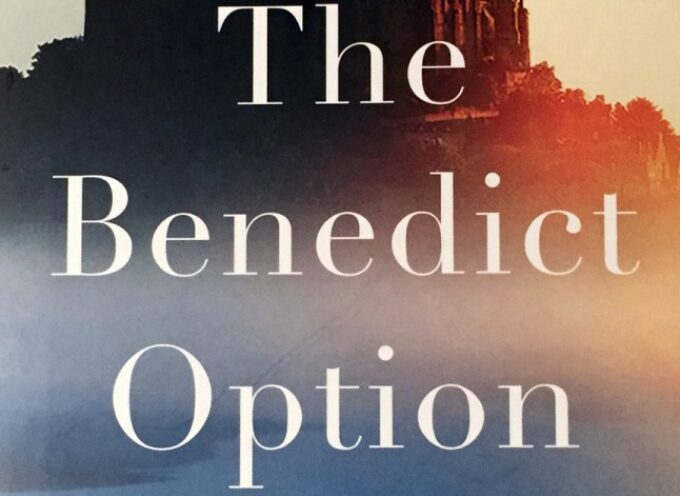One of the great joys of teaching at Southeastern Baptist Theological Seminary is the opportunity to teach History of Ideas at its undergraduate college, The College at Southeastern. Our college, led by noted author and philosopher James K. Dew, requires its undergraduate students to take four courses in the History of Ideas.
The first History of Ideas course is a lecture-style grand tour of the rise and development of “thought,” of the way certain ideas have shaped our world, especially in the West. We evaluate various ideas and ideologies in light of their logical coherence, empirical adequacy, and existential viability. But we also evaluate them from a distinctly Christian perspective, in light of Scripture and the Christian tradition.
During the course, I require my students—almost all of them freshmen—to create a “History of Ideas Timeline,” a sort of visual tour of the history of ideas. This year, several of those students did such a good job that I decided to post their timelines here on my website. Two of the students are from my class and while the third student was in Professor Ben Holloway’s class.
The first timeline is composed by Aubrey Frye, utilizing timeline software by tiki-toki.com.
The second timeline is composed by Thomas Bluemling, presented via a Word document.
The third timeline is composed by Kathryn Christensen, presented via YouTube.com.
The timeline assignment serves as a sort of overarching mental framework that will help the students as they take reading three readings seminars in the history of ideas. In those seminars, we read great books from the ancient, medieval, and modern periods, including books written by:
- Philosophers such as Plato, Aristotle, Augustine, Aquinas, Descartes, Machiavelli, Hobbes, Locke, Kant, Hegel, and Marx.
- Theologians such as Augustine, Aquinas, Luther, and Calvin.
- Literary figures such as Homer, Virgil, Dante, Milton, Shakespeare, and Dubois.
- Historians such as Herodotus and Thucydides.
For persons who are interested in further reading, here is a list of twelve especially good books for understanding the intellectual history and the Western mind.
Subscribe
Never miss a post! Have all new posts delivered straight to your inbox.







